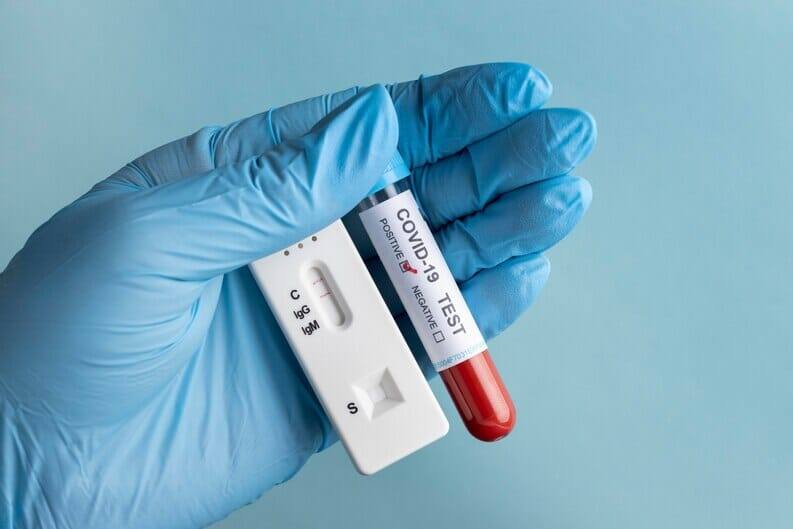
The Importance of COVID-19 Rapid Tests: Benefits and Limitations
As COVID-19 continues to impact lives, the importance of efficient and accurate testing cannot be overstated. Rapid tests have emerged as crucial tools, offering several benefits in various settings. Let’s delve into the significance of rapid tests, their advantages, and the limitations that come with their use.
The Need for Rapid Tests
Timely detection of COVID-19 cases is vital for curbing the spread of the virus, especially considering the potential for asymptomatic carriers who unknowingly transmit the infection to others. Traditional diagnostic tests, like the PCR test, are highly accurate but can take several hours to produce results due to laboratory processing time. Rapid tests address this issue, providing quick results within minutes.
Benefits of Rapid Tests
Fast Identification and Isolation: Rapid tests allow for prompt identification of infected individuals, enabling immediate isolation measures to prevent further transmission.
Faster Contact Tracing: The faster results help health authorities identify and notify close contacts of infected individuals more efficiently. This approach breaks the chains of transmission swiftly, preventing outbreaks in communities.
Timely Medical Care: Early detection through rapid testing enables healthcare providers to offer timely medical care to COVID-19 patients. Early treatment can lead to better outcomes.
Ease of Use: Rapid tests are generally easier to administer than traditional PCR tests, making them suitable for mass testing efforts and at home testing.
Flexibility: Rapid tests can be used in a variety of settings, including at home and at remote and underserved areas, where access to healthcare facilities and laboratories may be limited.
Limitations of Rapid Tests:
Lower Sensitivity: Rapid tests have a slightly lower sensitivity compared to PCR tests, meaning they could produce false-negative results, especially during the early stages of infection when the viral load is low.
False Positives: Some rapid tests may exhibit a higher rate of false-positive results, leading to unnecessary anxiety and potential disruptions.
Training and Expertise: While rapid tests are simpler to administer, proper training and expertise are still required to ensure accurate results and avoid errors in sample collection.
Rapid tests offer numerous benefits such as quickly identifying infected individuals, initiating timely isolation measures, and supporting efficient contact tracing efforts. It provides an indispensable tool for controlling the spread of the virus in various settings. However, it is essential to acknowledge the limitations of rapid testing, such as lower sensitivity and potential false-positive results. As testing technologies continue to advance, the accessibility and accuracy of rapid tests continue to improve, contributing to a more effective and comprehensive response to ongoing challenges.

Leave a comment